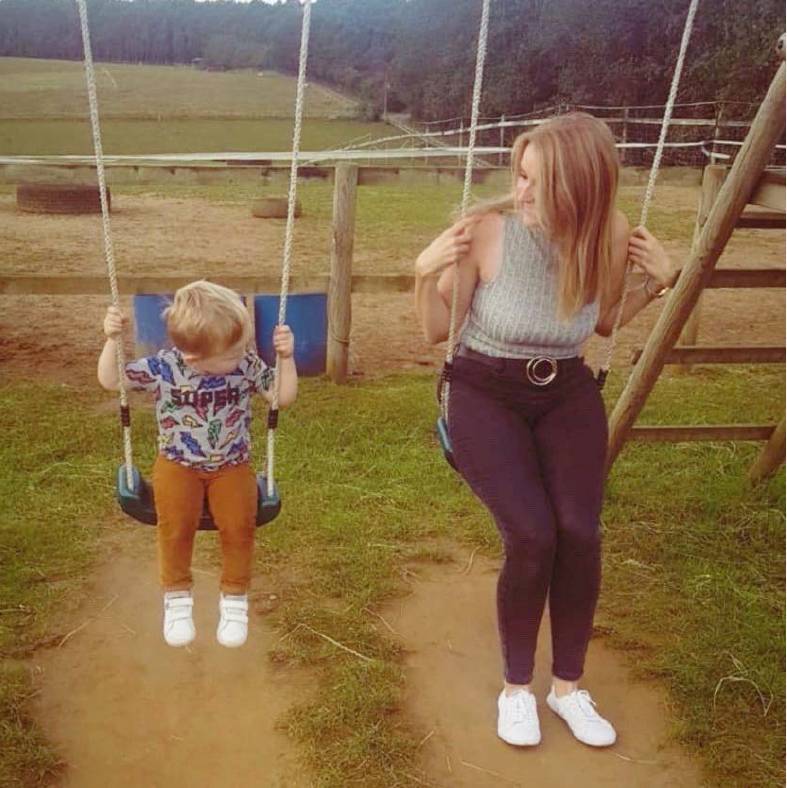CILEx
Reflections of a working mother and CILEx Lawyer
Lisa McConnachie describes how the COVID-19 crisis has affected this chapter of her career.
 About the author: Lisa McConnachie FCILEx is a Consultant Residential Conveyancing Legal Executive at Setfords Solicitors.The world has gone bonkers! I think you will struggle to find this defined in any legal dictionary, but ‘bonkers’ is an accurate description of the current climate, I would say. Early in my career, I was taught to speak in language that is clear for people to understand, so here it is: bonkers! See box below for my definition of the bonkers world that we live in at this point.
About the author: Lisa McConnachie FCILEx is a Consultant Residential Conveyancing Legal Executive at Setfords Solicitors.The world has gone bonkers! I think you will struggle to find this defined in any legal dictionary, but ‘bonkers’ is an accurate description of the current climate, I would say. Early in my career, I was taught to speak in language that is clear for people to understand, so here it is: bonkers! See box below for my definition of the bonkers world that we live in at this point.
‘This bonkers world’ defined:
Madness; uncertainty; same storm, different boat; what is normal is questionable; to mask or not to mask?; carrying hand sanitiser is the new lip balm; shops do not want your money (yes, seriously), a tap with your plastic is preferred; handshaking: don’t you dare; fear; worry; a new appreciation of the things we take for granted, for example, toilet roll and milk, parents/grandparents/ family generally, togetherness and going outside; many now realise they like going to work, others are surprised by how efficient they can be working from home … as are their employers!; kindness (this is a favourite of mine; the pandemic has revealed a level of kindness amongst our neighbours and strangers and those who are vulnerable that has, arguably, not been seen on such a wide level, not in this day and age anyway).
Briefer definitions:
Uncertainty; new appreciation; new obstacles; perspective (finding new positives or negatives you did not know existed in your life); kindness! (Hopefully, kindness applies to most people, whether you have been on the receiving end or have been kind yourself. I read a quote I loved not so long ago: ‘Kindness is contagious’, and I reckon it is.)
Professionalism in a bonkers world
My specialism is conveyancing. I’m just over ten years’ qualified, having been a fee earner a few years prior. The partners I worked for brought me up (in the mentoring sense) to give a strong handshake and to smile when meeting a client for the first time (and any time after really). This was professional and this was polite. A handshake was often your first impression too. The new ‘normal’: well, I don’t think any of us quite know what this is yet, but any form of handshake is very much a no-no. And, as for smiling, we have to try harder to smile with our eyes! In many situations a mask is advised, and so we need to continue to adapt and be flexible. It just means we need to find new ways to make a great first impression.
Clients/potential clients and first impressions in a bonkers world
Last week, I was in communication with a potential new client. My son had not returned to nursery just yet, for various reasons which I will not bore you with (we are all sailing the same storm, but not the same boat!), but I was aiming for his nap time to be the best time to call my potential new client. We spoke over text and agreed when to speak. My client asked if 2pm still suited me? I looked at my son and considered him to still be a bit too lively for my liking. I thought, what do I do? I really wanted to speak with this potential client, with no distractions, to give the best first impression of myself.
However, I had this niggling doubt that my son wasn’t going to co-operate this time. So, what did I do? The only thing I could do: I was honest.
Honesty in a bonkers world
While the honest truth was the right thing to deliver, this filled me with dread, and I questioned the lawyer I had become. I felt so unprofessional.
